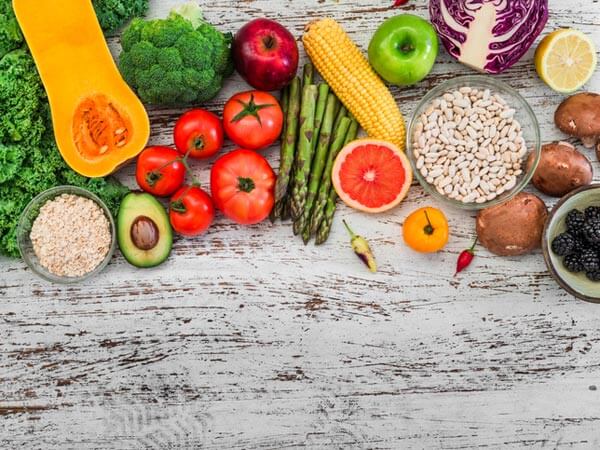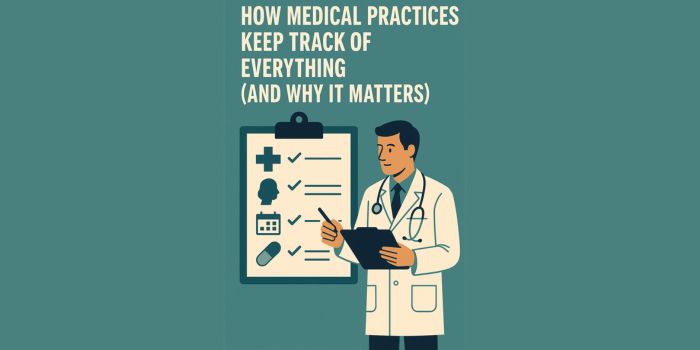Kidneys play an important role in the removal of waste from the blood. They act as a filter; removing all the toxins and waste from the blood as it passes through it. These bean-shaped organs are also responsible for maintaining blood pressure, removing waste through urine, secreting hormones, etc.
Therefore, if the functionality of the kidneys is compromised, the bodily functions suffer greatly. Person suffering from chronic kidney disease thus have to make changes in their diet to strain the kidneys less. It includes accounting for waster production and also other secondary factors that impact kidneys indirectly, like hypertension and diabetes.
If the kidneys are not given their due care, they might fail. Patients may require dialysis at best and a kidney transplant in the worst case. Making dietary changes is thus absolutely imperative in light of the stakes involved, and this strategy is also advocated by the top Kidney specialist in Karachi as well. It also helps to improve the life quality as well.
Cut down on salt
Sodium in the salt is one of the major contributors of high blood pressure. It also plays a role in maintaining the water balance in the body. Ordinarily, kidneys are able to filter out the excess salt and regulate the volume of fluid in the body.
However, in CKD, the kidneys are not able to perform their task well, and so cannot be stressed with excess sodium. It therefore is crucial to reduce the amount of sodium in the diet. Since it is not possible –at least not often –to moderate the amount salt in the restaurant meals, chronic kidney disease means more home cooked meals.
Processed foods and meals are also laden with sodium, and thus cutting down on them is also very important for better kidney functionality. Patients should also remove the saltshaker from the dinner table; no need to tempt yourself.
Rely on spices and herbs to add flavor to the food rather than entrusting all to salt. However, be careful about the choice of sauces and similar flavorings as well, as those like soy sauce etc. are also rich in sodium. So, read the labels of all the products that you buy to avoid the sodium from sneaking into the diet.
Also, be careful about the canned products to. Ideally, go for the fresh fruits and vegetables in season, but if canned is the only option, then at least wash them well to remove the superficial layer of preservatives that have high sodium content.
Be careful about your protein intake
Protein is required for carrying out the essential tasks in the body. But protein also produces waste that has to be cleared by the kidneys. People who have chronic kidney disease thus have to be careful about the how much protein they take daily, as the waste products can then get accumulated in the body, leading to complications of all sorts.
Unlike some of the other nutrients, it is not possible to make do without protein, so certain amount of protein should be added to the diet. But the specific amount varies per the stage of the disease. The patients should confer with their doctors to find their allowed limit.
Minerals that you should watch out for
Not just sodium, but potassium can also be hard on the kidneys, as they are not able to filter it out then. Excess potassium in body can lead to serious heart problems, alongside imposing on the kidneys. Potassium is found in potatoes, bananas etc. so people who have CKD should lay off of these foods.
Similarly, phosphorous is also not properly filtered out by the ailing kidneys. When phosphorous levels run high in the body, risk of heart diseases is elevated. It also adversely affects the calcium levels in the body, lowering them dangerously.
Unfortunately, it is hard to find the perfect balance of adequate phosphorous and calcium intake, as most foods that have the latter also have the former.
Therefore, it is best to talk over with the Top nephrologist in Karachi to figure out which foods to take, and how much of it, as the food intake is contingent upon the disease stage.




